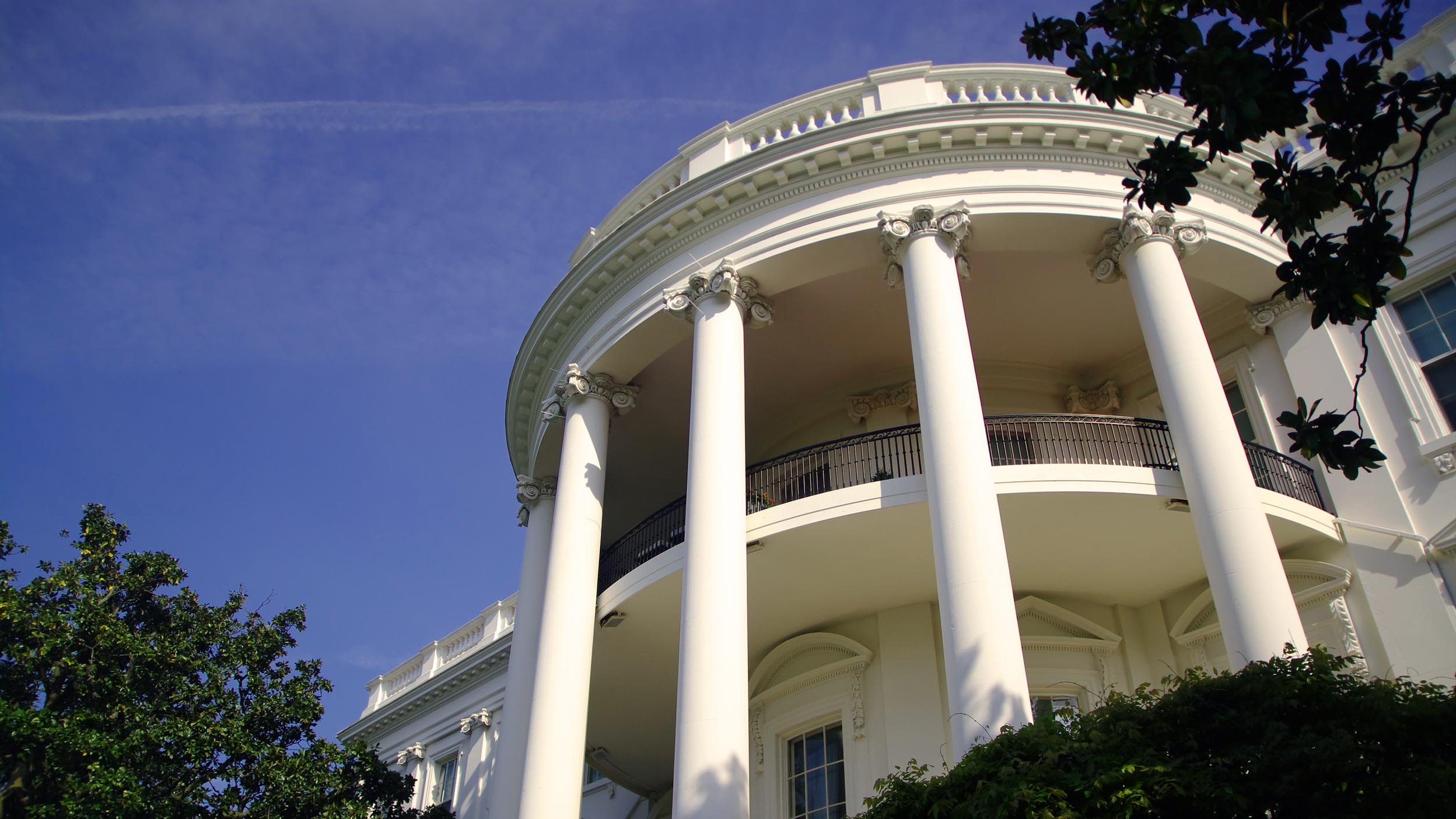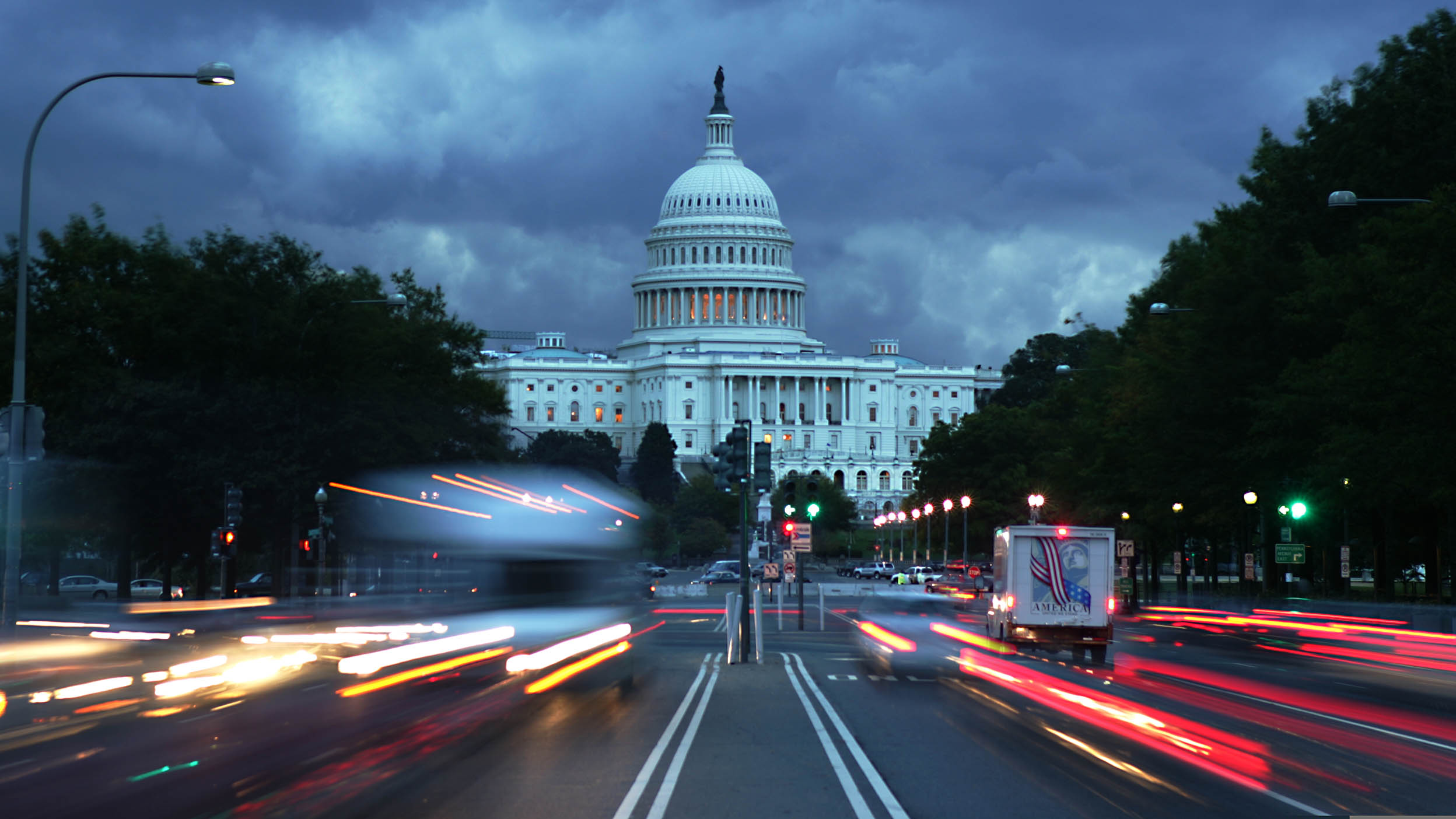
Markets and Economy The four Trump policies most likely to impact economic growth
Deregulation and tax cuts could potentially provide a boost to US economic and market growth, while tariffs and immigration restrictions could pose challenges.

Just days after voters began casting ballots in the year’s first contests, the suspense of the primary season seems to have melted away. Iowa and New Hampshire primaries brought the presumptive nominees — Joe Biden and Donald Trump — into quick and clear focus. But there’s still plenty of real spectacle and confusion about who’s running, in which format, and in which state.
Zooming out of this chaos, it’s worth reflecting on how quickly the GOP evaluated their options and seemingly settled on Trump. In 2023, we had 13 Republicans running for their party’s nomination, and there were a series of raucous debates though none featured the former president. Then immediately before the Iowa Caucus on Jan. 15, the Republican roster was winnowed down to three candidates. Just nine days later, the race appears to be over with former President Donald J. Trump viewed as the presumptive nominee (designated as such by Biden1 and many others) after just two contests.
Since voting began, Trump has again made history despite spending considerable time in courthouses managing over 90 indictments across four trials. Among other distinctions, here are just a few of the historical highlights for the former president:
In case there was any question about the presumption that Trump will be the Republican nominee, the contests in South Carolina (Feb. 24) and 16 other states (March 5, otherwise known as Super Tuesday) will surely settle the matter. Those looking for opportunities to speculate and read tea leaves can continue to investigate the insurgent Democratic candidacies of Dean Phillips, Marianne Williamson, and Robert Kennedy, Jr., though it seems almost assured that when the dust settles, we we’ll be facing the longest general election in history, featuring a rematch for the ages.
With contributions from Cogent Strategies.
Source: https://www.washingtonpost.com/ elections/2024/01/23/trump-haley-new-hampshire-primary-election/

Deregulation and tax cuts could potentially provide a boost to US economic and market growth, while tariffs and immigration restrictions could pose challenges.

Voters, party leaders, and down-ballot candidates have had to quickly shift gears from a Trump-Biden rematch to a Trump-Harris showdown in the 2024 presidential election.

A Trump vs. Biden rematch in the 2024 election appears inevitable, while the House and Senate are grappling with a challenging political map and an onslaught of retirements.
Important information
NA3367225
Header image: Philip Yabut / GETTY
The opinions referenced above are those of the author as of January 24, 2023. These comments should not be construed as recommendations, but as an illustration of broader themes. Forward-looking statements are not guarantees of future results. They involve risks, uncertainties, and assumptions; there can be no assurance that actual results will not differ materially from expectations.
This link takes you to a site not affiliated with Invesco. The site is for informational purposes only. Invesco does not guarantee nor take any responsibility for any of the content.